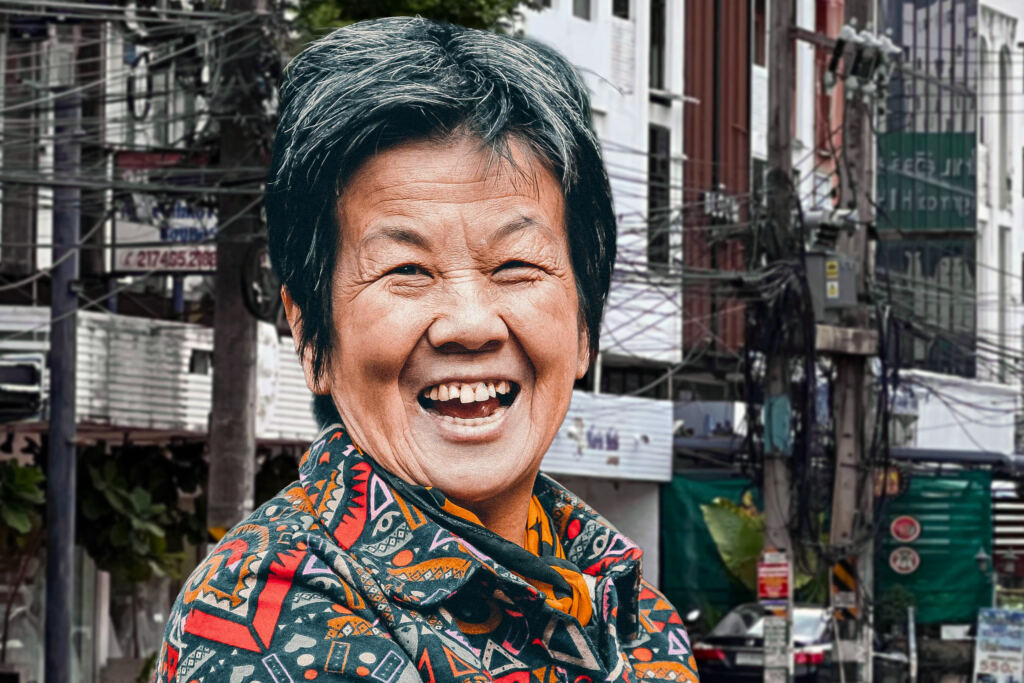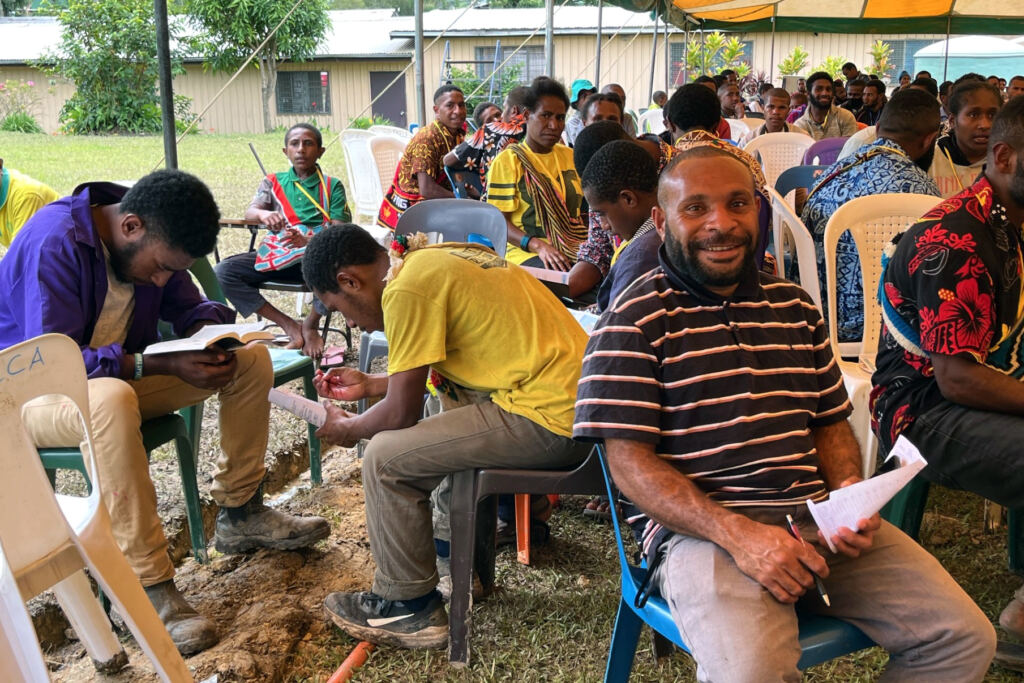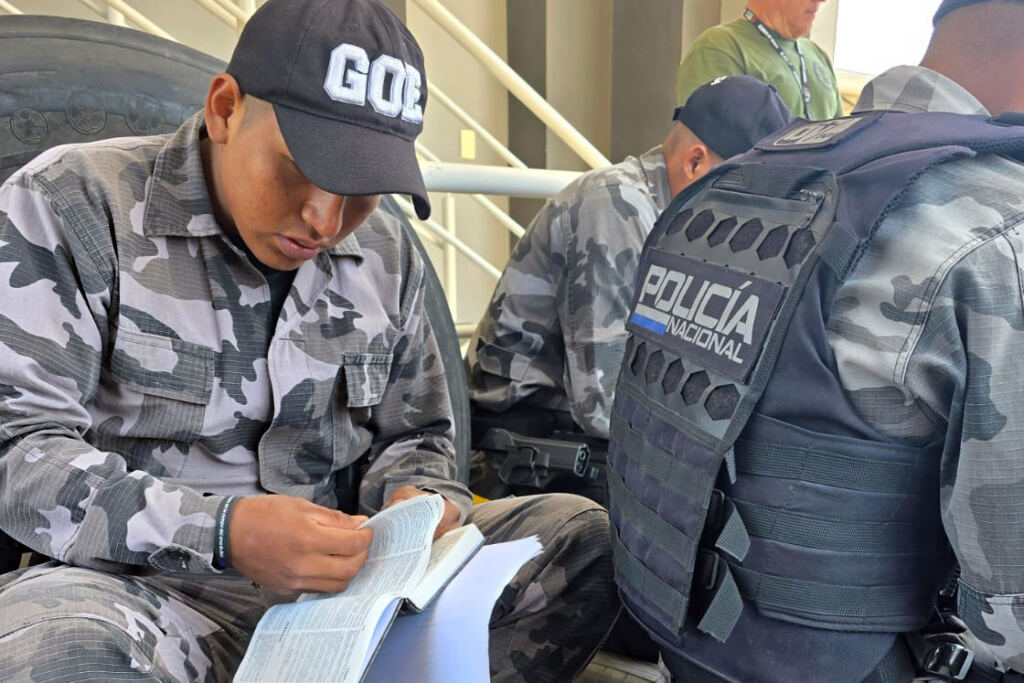The burn was painful and the missionary was nervous.
The blistering scorch-mark stretched nearly the length of her forearm and she was living in Africa, almost five hours away from reliable medical care.
Instead of attempting an exhausting trip over incredibly rough terrain, she emailed ABWE’s International Healthcare Ministries (IHM).
“I told her to send me pictures of the burn,” said IHM missionary, Dr. Tim Hepworth. From his office at the ABWE Headquarters in Pennsylvania, he was able send back a list of treatment suggestions based on what she might have on hand. Over the next week he monitored her progress, and in time, her second-degree burn healed.
It is one of Dr. Hepworth’s favorite success stories, and it encapsulates much of how technology, a good team, and a strategy, has changed the way that missionaries can be cared for from the far-corners of the globe.
“She never had to leave her village,” Dr. Hepworth said, “and she was able to continue her ministries in the meantime.”
INTERNATIONAL HEALTHCARE MINISTRIES
Launched in the early 2000s, ABWE’s International Healthcare Ministries (IHM) operates as a lifeline to missionaries serving around the world, administering medical care to those who can’t access it, or who live in places where you wouldn’t want to, even if you could.
Additionally, IHM recruits staff for ABWE’s hospitals, helping medical professionals to consider using their skills to heal people physically and grow them spiritually.
Each year, these hospitals treat tens-of-thousands of patients and see thousands of professions of faith. These patients are then connected to nearby church-plants, dozens of which have been established as a direct result of medical ministry.
MORE WORKERS
It’s no surprise that many medical missionaries face unique circumstances in their ministry as a result of constantly facing death and suffering, and working long hours. While one patient may walk out the door healed, four more could be waiting at the hospital gate.
In the case of an outbreak, war or natural disaster, the team may be on call 24 hours a day, 7 days a week for weeks on end.
Nancy Berends, Director of IHM, has worked extensively with her team to create partnerships with churches, other Christian organizations—like Samaritan’s Purse—and medical schools around the U.S. to mobilize people from all over the world to serve as medical missionaries and grow our teams.
Because of IHM recruitment efforts, ABWE has more than a dozen career missionary doctors, nurses, and PA’s serving on our teams that engage in healthcare. Dr. Bob Cropsey has worked to develop a list of 20-some short-term medical staff who can be called on to fill gaps in coverage when missionaries go home on furlough, or an emergency occurs.
NEVER-ENDING NEED FOR SUPPLIES
When IHM team member, Jodi Boyd, joined ABWE as a missionary nurse in 2011, she saw the difficulty of communicating with people in the U.S. what supplies the hospitals needed, as well as the problem of what to do with supplies that arrived in Africa that were unusable or downright junk.
As a result, Jodi turned her attention to obtaining and managing medical supplies for ABWE’s hospitals—working with companies and donors to procure high-quality, low-priced items—IV tubing, syringes, dressings, specialized items, and various sizes of equipment “to fit every size of person.” She and a group of volunteers work to inventory, pack, and ship the supplies, saving over-taxed hospital staff on the other side of the world valuable time.
BATTLING AN OUTBREAK
When a meningitis outbreak in Togo threatened ABWE personnel serving there, missionaries with IHM quickly worked to get them vaccines.
This was no small or inexpensive feat. Not only did the team have to get approval from the CDC to give an “under-55” vaccination to those older than 55 years after learning that the “over-55 vaccine” was out of production, but they also had to find someone to hand-carry the vaccines to Africa and get them through customs.
Despite these obstacles, Dr. Hepworth managed to get the vaccines to Togo in a matter of days.
As you can imagine, this type of access brings peace of mind to many who are considering serving abroad. From helping to orchestrate medical evacuations in times of life and death, to keeping up with U.S. and international medical and privacy laws, to screening new missionaries and providing basic health services—IHM exists to serve our missionaries, and plays an integral part in the ABWE’s global church-planting efforts.
But many of these services are currently funded by the IHM missionaries themselves. Our goal is to be able to provide more resources to this invaluable ministry, so these missionaries can work on medicine and ministry.
Will you help us?



